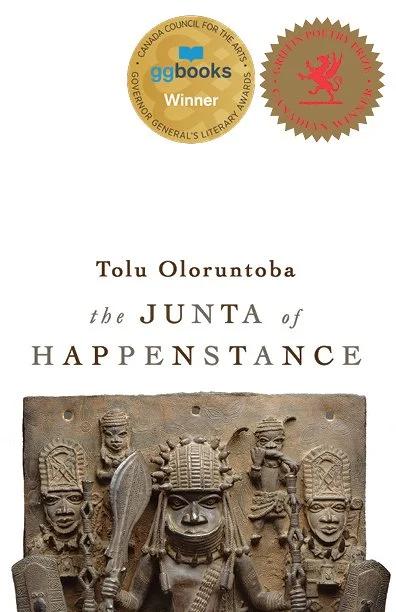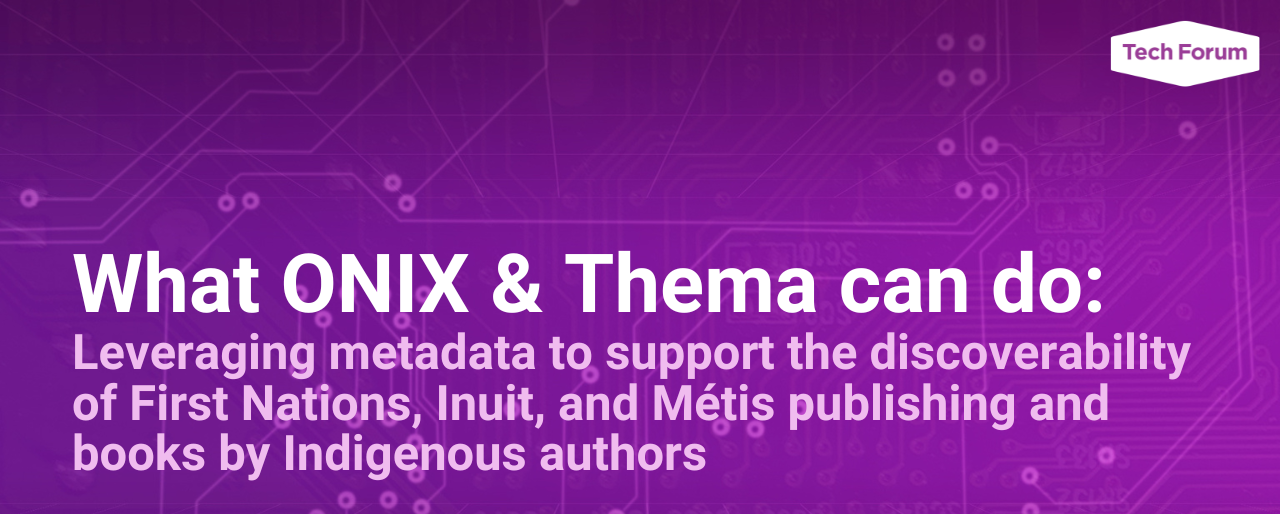This blog post continues a series where we will demonstrate how to highlight diverse book content using the Thema subject classification system. You can review our blog coverage of Thema here, and follow this series here.
It’s no secret that at BookNet we're major fans of the Thema subject classification system. While we still love BISAC, the dominant subject classification system in the North American book market, the love for Thema is real. While BISAC has made adjustments to its codelist to meet market demand for more granular coverage of diverse content, BISAC is intrinsically challenged due to its structure: its focus is to group books within a single North American market. Thema, with its qualifier lists can better handle diversity matters such as intersectionality in a way that BISAC is not capable of. Its scope allows for a nuanced approach in describing individual books and provides better support for book discovery.
Quite simply put: when used correctly, Thema can communicate more granular and specific information about a book’s content that allows data senders and data recipients to share and display information about a book that represents a more diverse and inclusive range of content ripe for discovery by a marketplace that demands it.
Thema is overseen by EDItEUR, the international standards organization that also oversees the ONIX for Books metadata standard. When we hosted EDItEUR’s Chris Saynor at Tech Forum 2020, he shared some tips and tricks to reinforce what we already knew: Thema is far better equipped to support sharing diversity information than anything yet put forth in the market.
New to Thema? Learn more about the basics here.
Thema: real life examples
In 2020, EDItEUR released a comprehensive report on how to use Thema to communicate what we’ll call “diversity” attributes about a book. This was followed by what EDItEUR refers to as “worked examples,” where EDItEUR took real books in the market and made suggestions as to what specific Thema subject categories and qualifiers could be assigned to describe the book’s content. We're republishing these examples to show how flexible and adaptive Thema is, and to illustrate the effectiveness it offers as a solution to communicate so-called “diversity” attributes about the book's content.
Note: They don't necessarily represent the actual codes chosen by the publishers, and they're meant to stimulate discussion and reflection rather than being authoritative statements of the correct way to categorize the particular books listed.
Where possible, we’ve complemented EDItEUR’s examples with Canadian titles and categorized accordingly. The same caveats apply and are worth repeating: the BookNet-selected codes don't necessarily represent the actual codes chosen by the publishers, and they're meant to stimulate discussion and reflection rather than being authoritative statements of the correct way to categorize the particular books listed.
Example: The Junta of Happenstance by Tolu Oloruntoba (Palimpsest Press)
According to publisher Palimpsest Press, The Junta of Happenstance “is a compendium of dis-ease. This includes disease in the traditional sense, as informed by the poet's time as a physician, and dis-ease as a primer for family dysfunction, the (im)migrant experience, and urban / corporate anxiety.”
Let’s explore how The Junta of Happenstance could be categorized according to the Thema subject categorization. For this book, we have several points of references, including publisher-provided BISAC subjects and a book description.
Points of Reference: Publisher-provided BISAC subjects
POETRY / African
POETRY / Subjects & Themes / General
Points of Reference: Publisher-provided description (emphasis added by blog writer)
Personal, primordial, and pulsing with syncopated language, Tolu Oloruntoba’s poetic debut, The Junta of Happenstance, is a compendium of dis-ease. This includes disease in the traditional sense, as informed by the poet’s time as a physician, and dis-ease as a primer for family dysfunction, the (im)migrant experience, and urban / corporate anxiety. In the face of struggles against social injustice, Oloruntoba navigates the contemporary moment with empathy and intelligence, finding beauty in chaos, and strength in suffering. The Junta of Happenstance is an important and assured debut.
We’ll use these metadata elements to go a bit further and demonstrate additional theoretical subject categorization according to the Thema subject categories hierarchy, using EDItEUR’s online Thema browser.
Theoretical subject re-categorization:
DCC - Modern and contemporary poetry (c 1900 onwards)
DCF - Poetry by individual poets
FXK - Narrative theme: Health and illness;
OR FXQ - Narrative theme: Displacement, exile, migration;
OR FXD - Narrative theme: Love and relationships
Since we have a couple of publisher-provided BISACs, we're first going to give the BISAC to Thema Translator a go. First, we try POETRY / African, which pulls back a corresponding Thema subject of DC, “Poetry,” as well as a corresponding Thema qualifier of 1H, for “Africa.” When we try POETRY / Subjects & Themes / General, we get the same DC code. Looking at EDItEUR’s online Thema browser, we’re not going to stick with translated general code for poetry, DC. We’re going to use the more specific DCC, “Modern and contemporary poetry (c 1900 onwards).” Moreover, the browser indicates we should accompany the modern poetry code, so we are going to add code DCF to denote “Poetry by individual poets.”
Next, let’s look at the FX codes to identify the main theme of the poetry. You’ll note that the functional note demands a primary theme. So we are going to limit our choice to one. EDItEUR’s online Thema browser has a handy list of themes to select from, which you can find here.
Looking at the Wikipedia entry for the book, we can see it’s a trilogy of thematically linked chapbooks. Here are some of our suggestions, but recall that we're only to pick one of the following:
FXK - Narrative theme: Health and illness, to speak to the overarching theme of disease;
FXQ - Narrative theme: Displacement, exile, migration, to speak to the (im)migrant experience; or
FXD - Narrative theme: Love and relationships, to speak to the family dysfunction mentioned in the book description.
The publisher may find another theme on the list that works better for the book, but this is where we could land.
So, let’s complete the coding with a look at the qualifiers to apply to the title. If you recall, the BISAC to Thema Translator previously suggested the geography qualifier of 1H, for “Africa.” And this may be insufficient: a more specific code could be appropriate.
When we assigned a poetry code, we were invited to assign Style Qualifiers as appropriate, so a task for the publisher would be to review the style list and assign the appropriate one(s). They can refer to the list here to make a selection.
Accompanying qualifier:
1H - Africa
[style qualifier TBD by publisher from available codelist]
Want more worked examples?
To read more examples as they are posted, subscribe to our weekly eNews or nab the RSS feed.















James Christie on today’s business climate and its effects on the implementation of sustainable, inclusive practices.